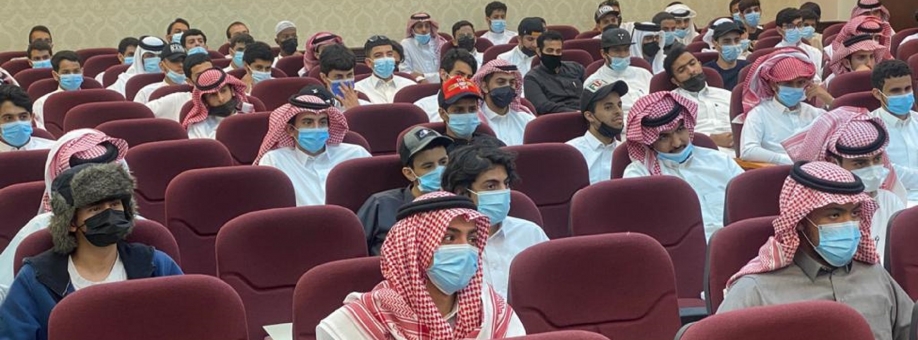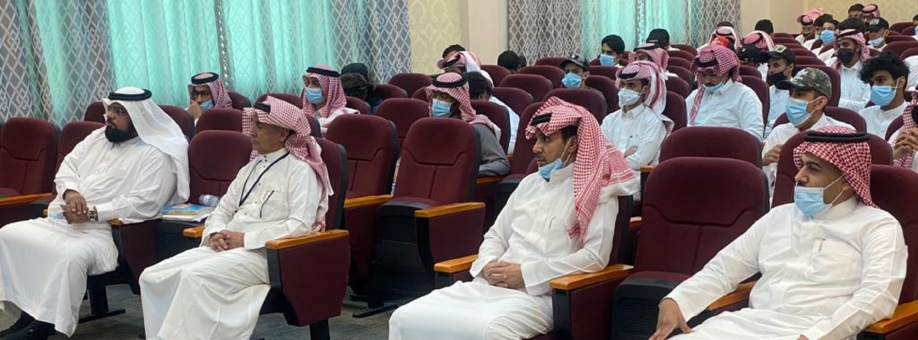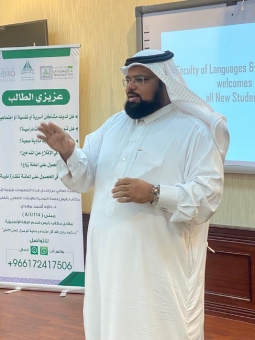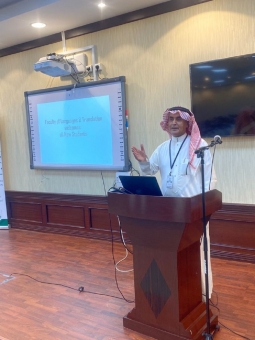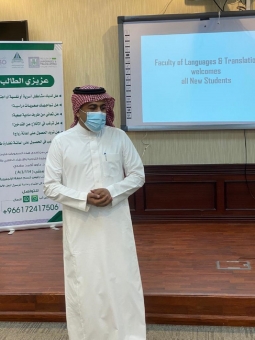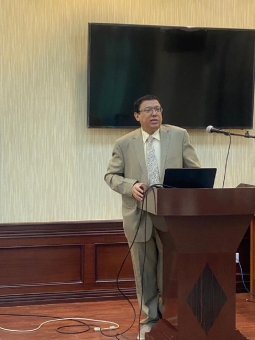Functional Dysphonia: A Rehabilitative Approach
Dr. Yahia Zeghoudi’s presentation was based on a particular speaking disorder which is titled Functional Dysphonia: A Rehabilitative Approach. It was presented at a webinar organized by the Language Research Center on October 20, 2021.
Dr. Zeghoudi began the session by mentioning some common symptoms of this speaking disorder, such as hoarseness, huskiness, roughness, breathiness, restricted pitch range, etc. He also highlighted some mental, physical as well external causes such as risk involved in certain jobs, stress and anxiety, throat infections, irritants, and so on.
Dr. Zeghoudi mentioned a French citizen who was wrongly assessed by his music teacher after the World War. The teacher classified his voice range as very low. Actually, his voice was seriously injured, and he eventually became voiceless. He spent 20 years suffering from dysphonia, moving from doctor to doctor and from speech therapist to speech therapist beginning in 1956 and ending in 1976, Dr. Zeghoudi added.
In regards to therapy, Dr. Zeghoudi mentioned Guérin’s approach that is based on voice rehabilitation. Guérin started a smooth rehabilitative program. He suggested — in general — implementing about 300 vocal exercises but selected a limited number of about 15 to 20 depending on the case of the patient. Some of the basic exercises were yawning, voicing, larynx toning, and deep breathing.
The webinar was very interactive and a great success.
Date: 10/23/2021
Source: Mohammad Adil Siddique

